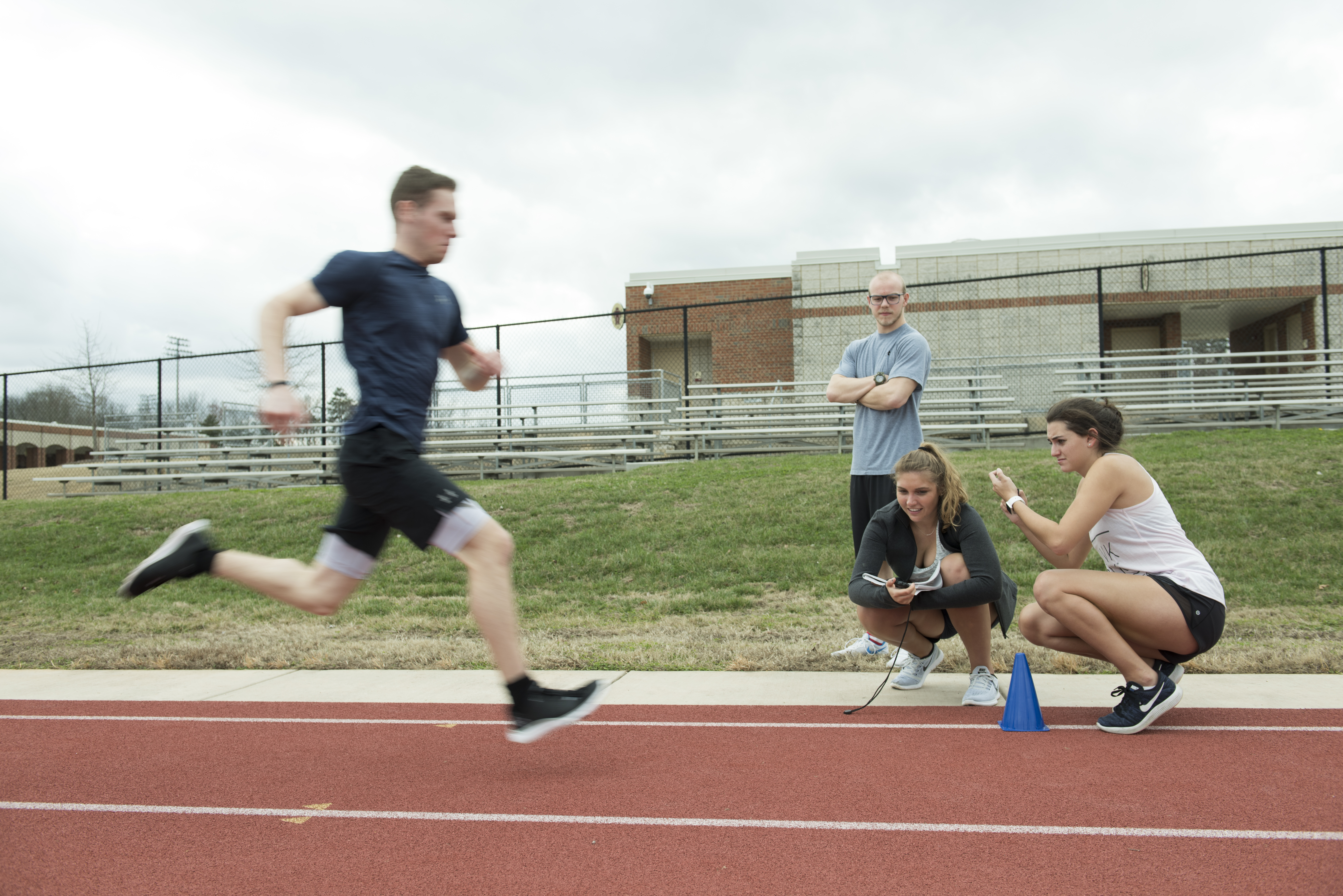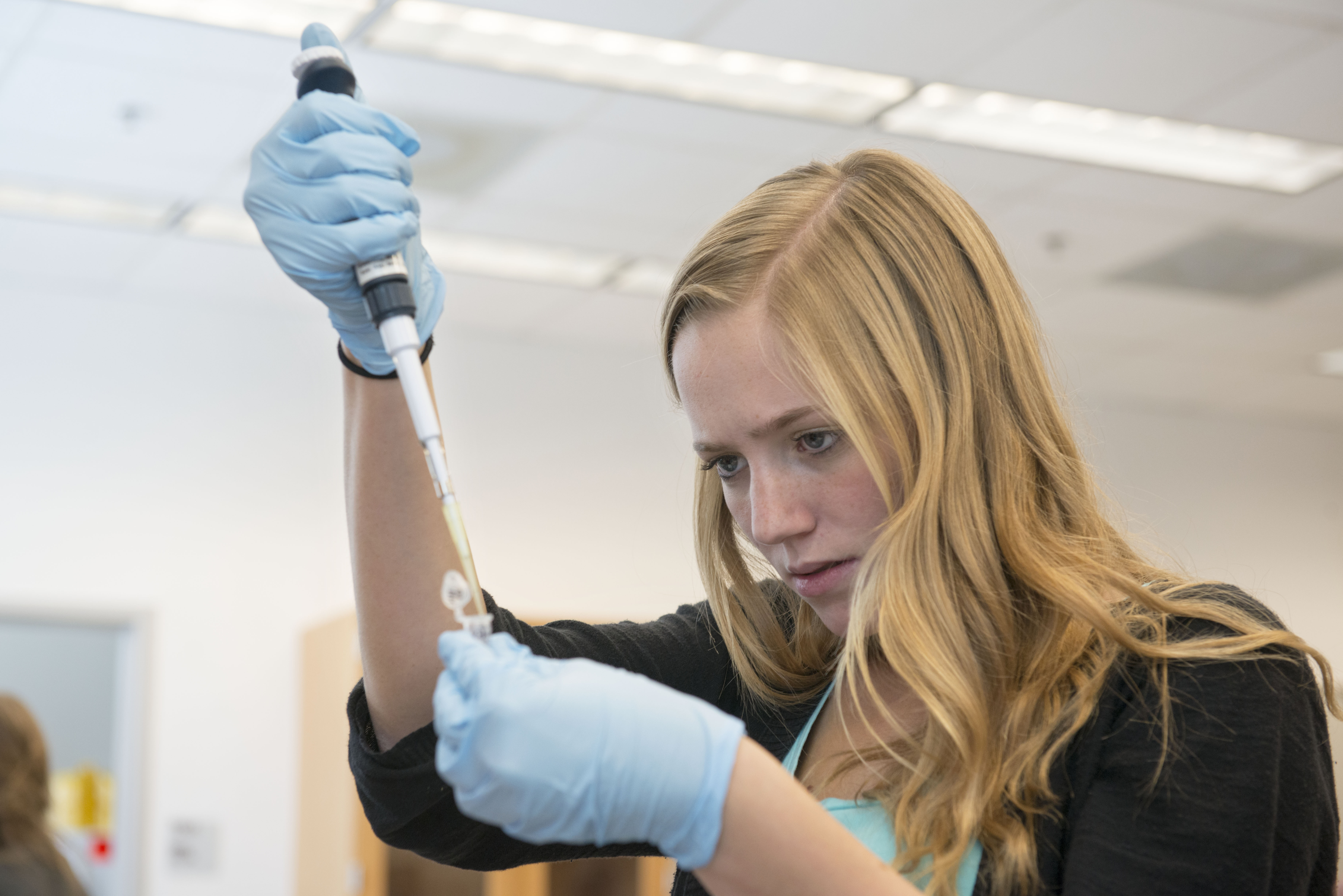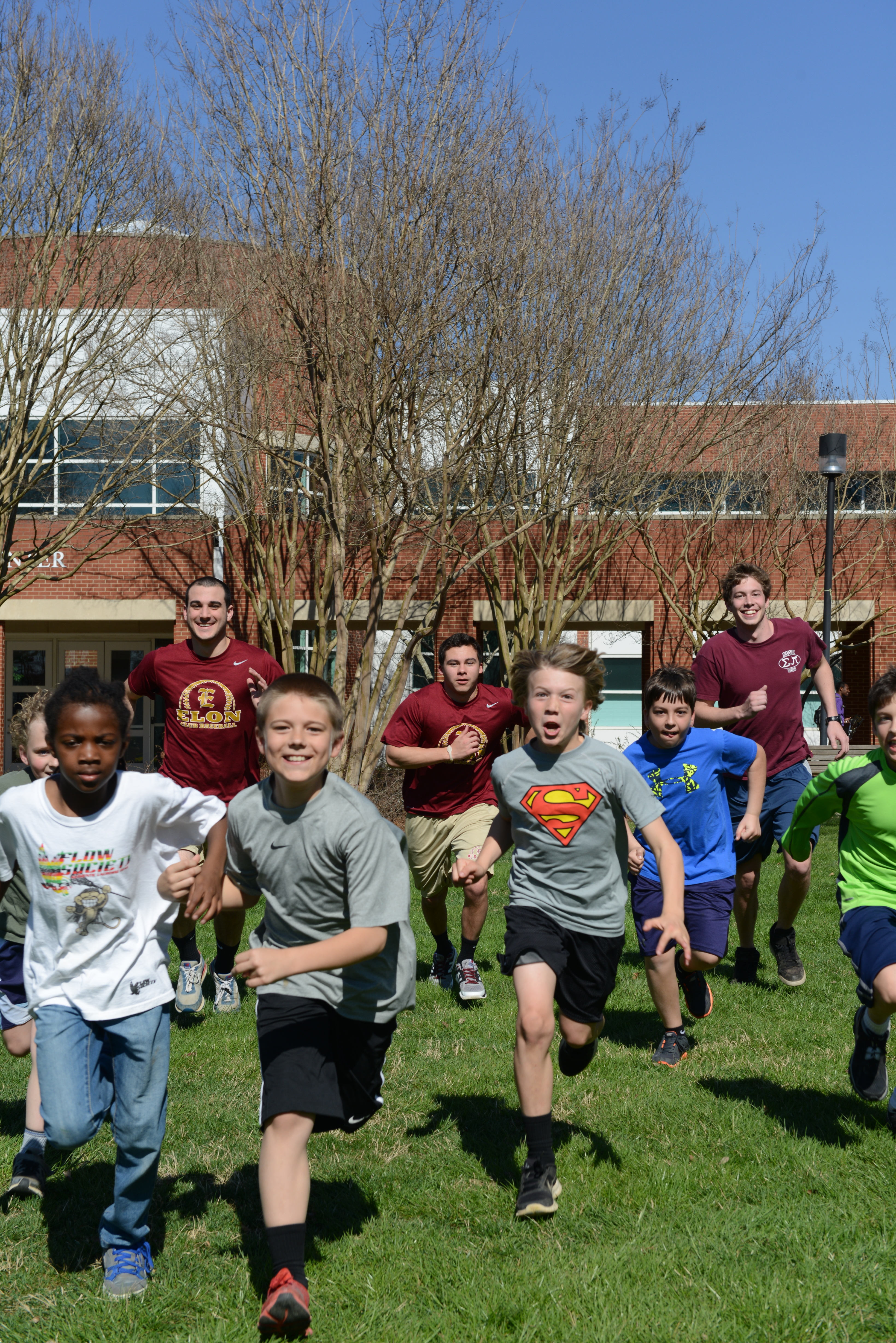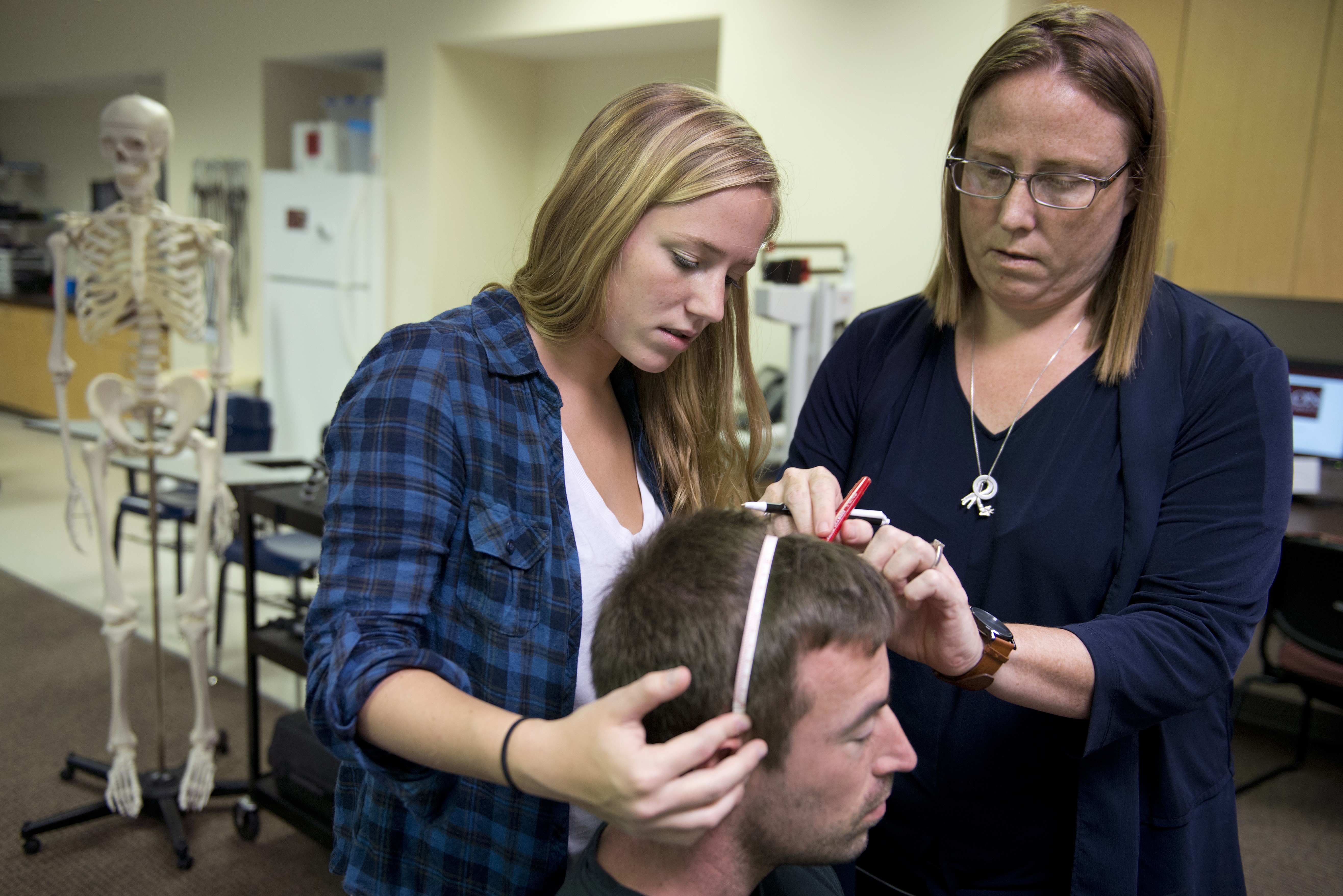- Home
- Academics
- Arts & Sciences
- Exercise Science
Exercise Science




Earn an Exercise Science Degree at Elon
An exercise science degree from Elon prepares you for careers and advanced study in a variety of fields related to health and medicine.
Elon’s Department of Exercise Science is dedicated to developing students’ critical thinking, capacity to solve problems, and ability to apply theoretical concepts and contribute to the existing body of knowledge. Students hone these skills in classrooms and laboratories, through mentored undergraduate research experiences, and in practicums and internships. With the support of professors who are dedicated teacher-scholar-mentors frequently recognized as leaders in their field, Elon students reach their full potential.
Our alumni pursue diverse careers in research, healthcare, personal fitness training, and strength and conditioning. Many graduates choose to attend graduate school in medicine, nursing, physical and occupational therapy, among other fields.
What is Exercise Science?
Exercise science is the systematic study of the mechanisms underlying human movement, including exercise, physical activity, and sedentary behaviors. Sub-disciplines include exercise physiology, neuroscience, psychology, motor control, and biomechanics.
To expand knowledge and understanding through scientific inquiry, an exercise scientist draws upon theories from many other disciplines, including biology, chemistry, physics and psychology, as well as medical sciences such as physiology, neuroscience, anatomy, and bioengineering. Students considering an exercise science degree should have a strong interest in applying scientific principles to a variety of populations in research and clinical settings.
Our Mission
The Department of Exercise Science at Elon University critically examines the ways in which movement, exercise, and physical activity are inherent to and improve the human condition. Our mission is to develop well-rounded and informed students through theoretical and empirical knowledge.
Our diverse and world class teacher-scholar-mentors do this through:
- Outstanding teaching
- Engaged experiences in classroom and laboratory
- Mentoring undergraduate research experiences
- Create global citizens through study abroad experiences
- Experiential learning in professional settings through internships
Our graduates have the foundational knowledge and skills for advanced study and professional advancement. Our program develops written and verbal communication; critical thinking and problem solving; active discovery and reflection; application of theory to practice; and other valuable skills.